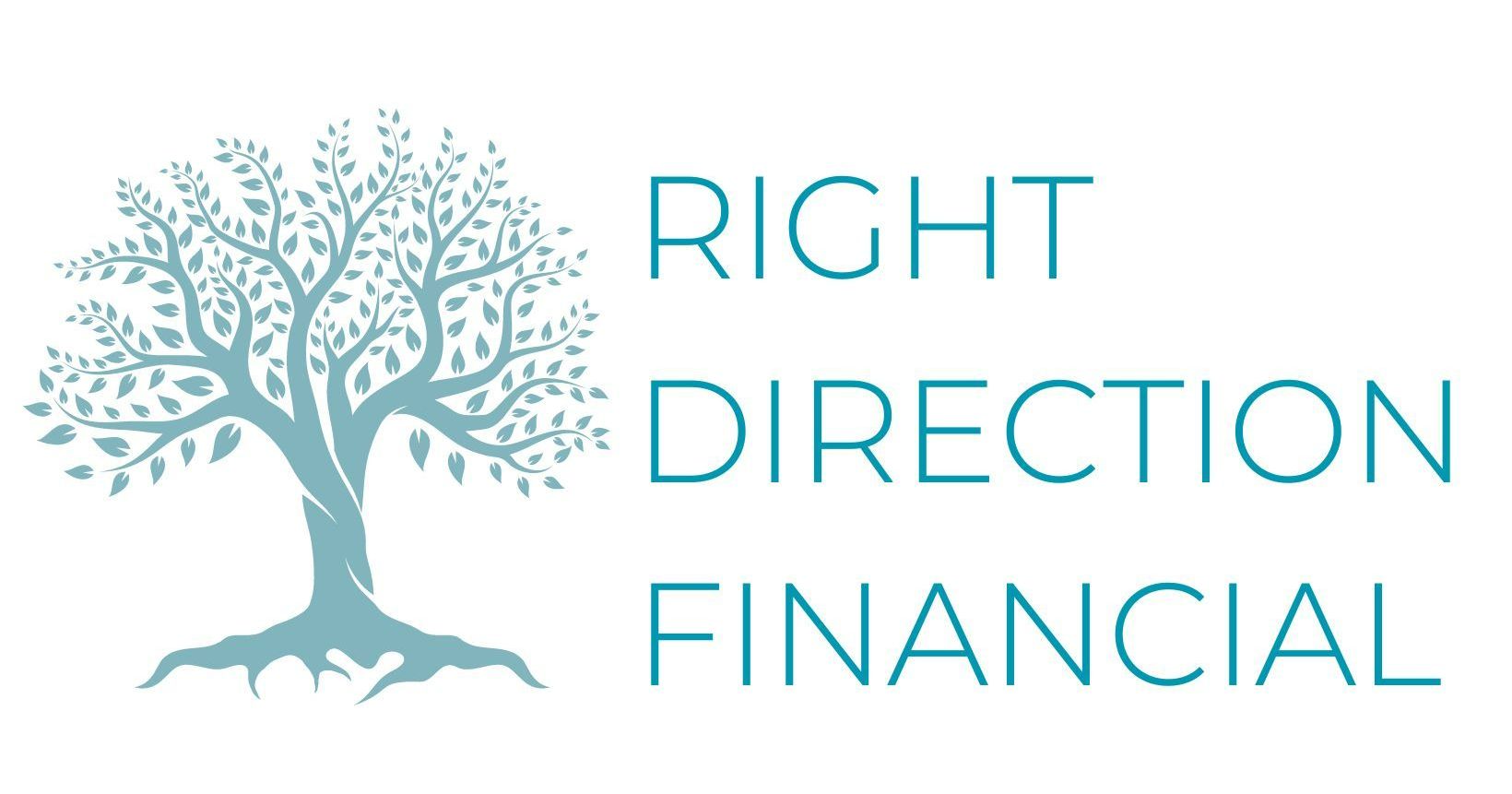When a family member receives a terminal illness diagnosis, it impacts not only their health but also many aspects of life, including financial stability.
The complexity of these issues can be overwhelming, making it vital to have a well-organized plan. Here are some considerations in this situation, particularly when a spouse is diagnosed with a terminal illness.
1. Adjusting Cash Flow to Meet Financial Needs
A terminal illness can greatly affect a family's financial situation. It's important to explore various options to enhance cash flow:
- Life Insurance Proceeds: Consider options like accelerated death benefits or life settlements from existing life insurance policies. These can provide funds while the spouse is still alive to cover immediate expenses, but careful evaluation is crucial.
- LIFs and Pensions: In some provinces, funds can be 'unlocked' with reduced life expectancy.
- Long-Term Care Costs: If long-term care becomes necessary—whether in a nursing home or through home health care—it’s essential to assess the financial impact on cash flow and assets.
2. Estate Preparation
Financial burdens can be alleviated during difficult times by ensuring that you have comprehensive estate planning documents in place.
- Updated Will or Trust: If these documents are outdated or missing, it’s essential to prompt immediate action while you can.
- Powers of Attorney & Advance Care Directive/Representation Agreement: A general and healthcare power of attorney allows the spouse to designate someone to act on their behalf if they become incapacitated. A representative agreement specifies their preferences for end-of-life care.
Key Estate Planning Questions to Consider:
- Estate Tax Planning: In Canada, there is no federal estate tax or gift tax as seen in some other countries. However, it's important to understand that when a person passes away, their estate may be subject to income taxes including capital gains tax on appreciated assets. This means that any increase in the value of assets from the time they were acquired until the time of death may be taxed as income. There are also probate fees on anything that flows through the will.
- Gifting Strategy: While Canada doesn't have a gift tax, gifts made within a certain timeframe before death can be subject to deemed disposition rules, triggering capital gains tax. Therefore, gifting strategies should be carefully considered in light of potential tax implications.
- Beneficiary Designations: Ensure that beneficiary designations for all accounts, retirement plans, and life insurance policies are current and up to date.
- Account Titling: Revising the titles of investment and bank accounts is a crucial step in estate planning.


















